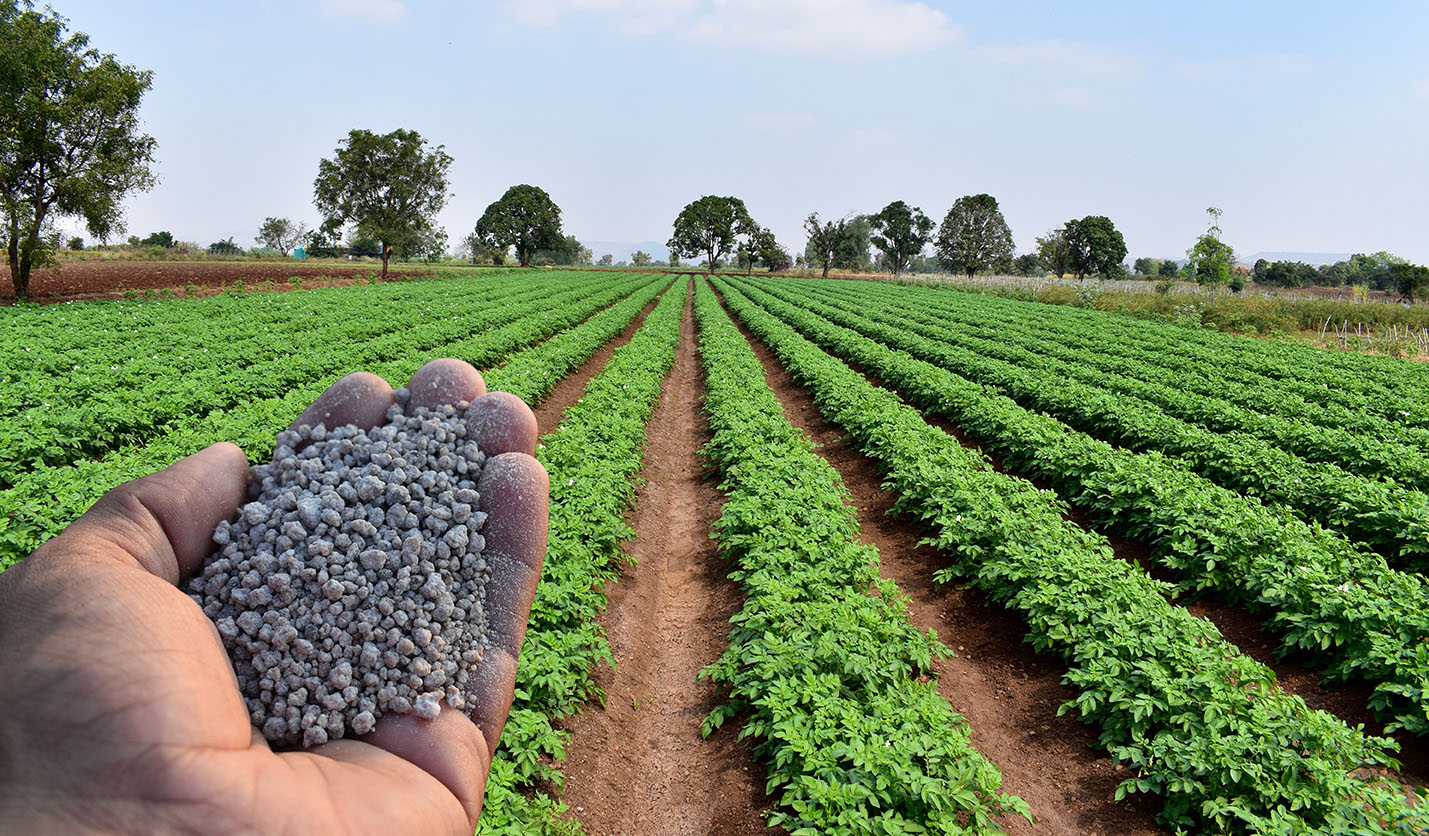

Phosphate is a chemical compound that contains phosphorus and oxygen. It is a white, powdery substance that is soluble in water. Phosphate is found in many different places in the world, including in rocks, soil, water, and living things.
Phosphate is important for life. It is a component of DNA and RNA, the molecules that store genetic information. Phosphate is also a component of ATP, the molecule that cells use to store energy.
Phosphate can be harmful to the environment if it is not properly managed. When phosphates enter waterways, they can cause algae blooms. Algae blooms can block sunlight from reaching underwater plants, which can lead to the death of these plants.
The water in the lake is high in phosphates.

Noun:
Adjective:
The word "phosphate" comes from the Greek word "phosphoros", which means "light-bearer". The word "phosphoros" is derived from the words "phos" (light) and "phoros" (bearer).
The word "phosphate" was first used in English in the 17th century. It was used to refer to a salt of phosphoric acid.
Phosphates are found in many different places in nature, including rocks, minerals, plants, and animals. They are also used in a variety of industrial and commercial applications, such as fertilizers, detergents, and food additives.
What is phosphate used for?